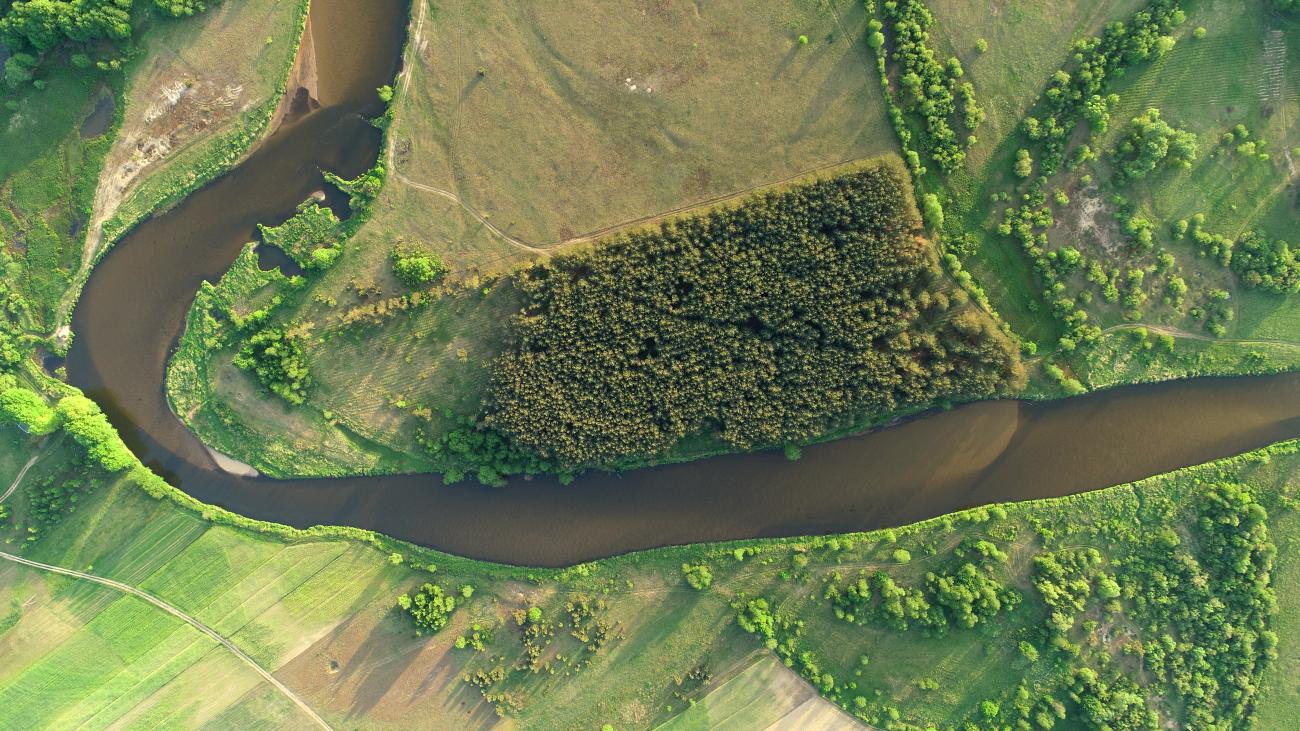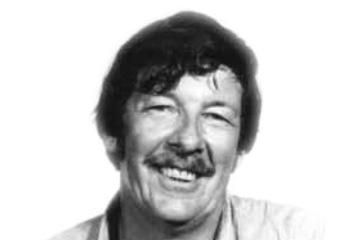A world-renowned physical geographer and student favorite, Dr. Marcus served as faculty in ASU's Geography Department from 1974 until his death in 1997. The Fellowship is a fitting tribute to a man who thrived on fieldwork, and contributed so much to geographic research and to his students' learning.
The Scholarship Committee of the School of Geographical Sciences and Urban Planning invites applications for the Melvin G. Marcus Memorial Fellowship. The Melvin G. Marcus Fellowship supports graduate students in their field work endeavors. Award(s) will be made to graduate students in the School of Geographical Sciences and Urban Planning at Arizona State University to support research that will culminate in an M.A. or Ph.D. degree in Geography or Ph.D. degree in Geographic Information Science at Arizona State University.
Applicants must submit the following:
- Letter of recommendation from the chair of the student's supervisory committee.
- Written proposal not to exceed two pages, including a project title, problem statement and the context of research, methodology and anticipated significance of the research.
- An estimated budget and justification outlining how the budget will be spent. Funds may be used to support travel, purchase of data, and expendable field supplies related to the proposed research.
- An unofficial copy of ASU transcript
Within nine months of receiving the award, the student must submit a 1000 word summary of findings to the Awards Committee.
Recipients must acknowledge the award in publications arising from the research, and are encouraged to present findings at the School’s Award Ceremony.
Application instructions:
Please submit a single PDF file containing all your application materials, including an unofficial copy of your ASU transcript, to [email protected] (link sends e-mail) no later than March 1. Please use the following naming convention for your application file: award - last name, first name (ex. “Marcus Memorial Fellowship – Smith, John”). When submitting, please copy and paste the name of your file into the subject line of your email.
Only complete applications submitted in accordance with the instructions will be considered by the awards committee. It is the responsibility of each applicant to ensure their application is complete and formatted as required. And please remember - if the scholarship for which you’re applying requires a letter of support from a faculty member, please let them know as soon as possible to ensure they have time to complete it.
Award amount:
Awards up to $1750 will be given.
Award Recipients:
| 2024-2025 | Gisel Guzmán, "Individual Heat Experiences Among Older Women in the Equatorial Andes: Pathways from Exposure to Adaptation in Two Colombian Cities" |
| 2023-2024 | Garima Jain, "'Salt in the Wound' or climate resilience: The aquaculture land transformations in storm surge affected coastal India" |
| 2021-2022 | Kenzie Shandonay, "Are the Parker Dunes Primed for Remobilization?" |
| 2020-2021 | Megan Seeley, "Quantifying Metrosideros polymorpha Phenotypes and Disease Resilience using Imaging Spectroscopy" |
| 2019-2020 | Zach Hilgendorf, "Assessing spatiotemporal trends in foredune restoration and revegetation strategies to improve coastal resiliency" |
| 2018-2019 | Puyang Li, "Modeling Land System Consequences of Estate-Smallholder Relationships in Central Tanzania" |
| 2017-2018 | Yining Tan, "Skilled US Migration to China: Transnational and Local (Im)mobility" |
| 2016-2017 | Peter Crank, "Improvement of microclimate modeling via Ryan Heintzman, "Analysis of site specific microclimate |
| 2015–2016 | Rene Elder, “Meteorological Observation Expansion to Support Monitoring and Recovery in Trinidad, West Indies” Beth Tellman, “Biophysical Signatures of Clientelism: The Role of Legalizing Irregular Settlements in Flood Vulnerability in Mexico City” |
| 2014–2015 | Deborah Ayodele, "Water Governance in Arizona's Central Heather Fischer, "Understanding the Biodiversity Decision |
| 2013–2014 | Scott Kelley, "The importance of freeway interchanges to initial alternative fuel vehicle refueling infrastructure" |
| 2012–2013 | John Connors, "Beyond Production: Impacts of Agricultural Development on Land Use and Livelihoods in Tanzania" |
| 2011–2012 | Jesse Sayles, "Integrating landscape restoration and social Kelly Turner, "An integrative analysis of master planned |
| 2010–2011 | Jonny Malloy, "Establishment of southwest winter and Scott Warren, "The transformation of place: land and life |
| 2009–2010 | Won Kyung Kim, "Delineating urban open spaces in Dorothy Ibes, "An assessment of the socio-ecological |
| 2008–2009 | Melinda Alexander, "Conception of Home in Refugee Art" Elizabeth Ridder, "An Analysis of the Formation of the |
| 2007–2008 | Ann Fletchall, "The Real Orange County: Place-Making Liz Ridder, "The Effects of Political Division on Land Mariela Soto-Berelov, "Determining Bronze Age Human – |
| 2006–2007 | Lindsey Sutton, “Place Identity and Globalization on the Gabriel Judkins, “Variations of Soil Salinity in the Mexicali Jason Kelley, “Optimization of Transportation of Products |
| 2005–2006 | Casey Allen, “Is a Threshold Involved in the Incipient Recovery of Biological Soil Crusts (BCSs) in Human Disturbances: Towards Modeling Controls on the Spatial Dynamics of BCSs” |
| 2004–2005 | Yolonda Youngs, “From Rim to River: Evolving Cultural Landscapes of Grand Canyon National Park 1908-2007” |
| 2003–2004 | Shouraseni Sen Roy, “Spatial patterns of diurnal variations Wendy Bigler, “Geomorphic dynamism and human/environment David Brommer, “Spatial and temporal patterns in precipitation |
| 2002–2003 | Daniel Gilewitch, “Tank track scars on desert pavement: Tim Hawkins, “Factors controlling snow pack evolution in Arizona” |
| 2001–2002 | Rebecca Beard, “Potential for Stream Corridor Restoration Alex Oberle, “Se venden acquí: Hispanic businesses as Kevin Romig, “New Suburbanisms: Studying the historical |
| 2000–2001 | Neel Bhattacharjee, “The Bosnian Refugee Community Sharolyn Anderson, “Synthesizing Spatio-Temporal Data |
| 1999–2000 | Mike Applegarth Paul Mannion |

